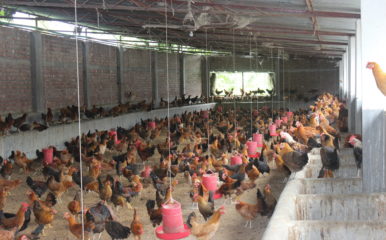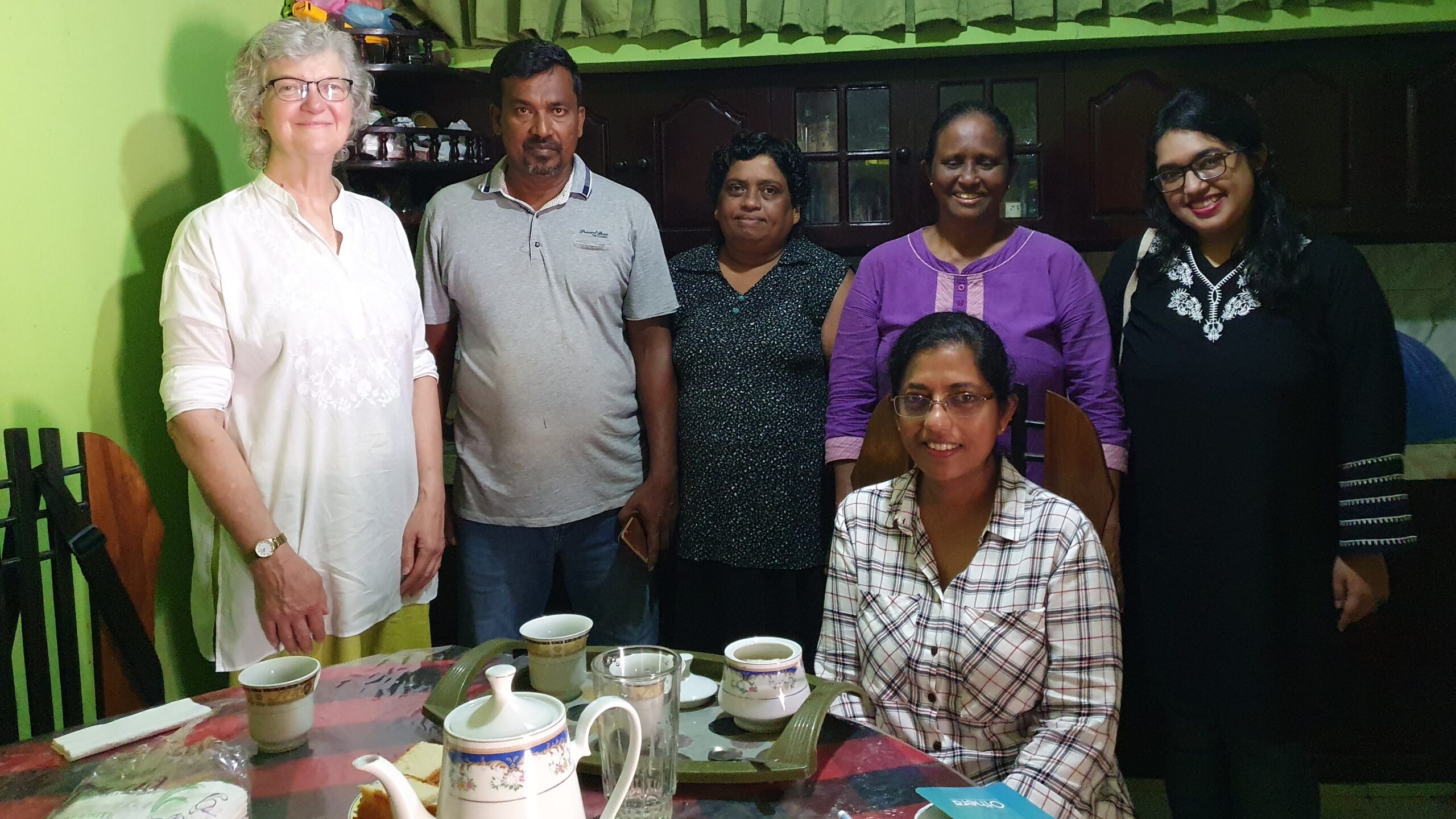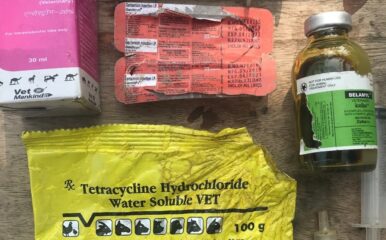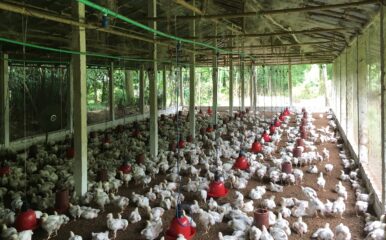
The importance of impactful connections
Published on 31/10/2023

Shane Rounce/Unsplash
One Health is an integrated, unifying approach that aims to sustainably balance and optimise the health of people, animals and ecosystems. The approach emphasises the interconnectedness between people, animals, plants and the environment. It entails a collaborative effort between multiple disciplines and sectors. It can also be much more than all of this.
For One Health to deliver on its potential, it must also be about connecting people – building friendships and communities of practice who hold a common vision for the health and wellbeing of all. Building these connections is vital as the challenges that One Health seeks to solve are in large part due to human activity, and so it is we humans who must work together to address them.
An effective One Health strategy is therefore enhanced by good communication and connection, which fosters rapport and trust among stakeholders from different fields.
Connecting with people has been a feature of our time working with Hub colleagues in Sri Lanka. We have recently been privileged to meet with a wonderful diversity of poultry producers, from large-scale commercial producers to small-scale family farmers. We learnt about their challenges and innovative approaches to improving their poultry enterprises. We also identified some new management approaches for them to consider.
During our field visits, we enjoyed meeting with and learning from family poultry farmers who derive much pleasure from seeing their birds happy and healthy. We observed that raising chickens can enhance household wellbeing, social interactions and happiness. We were very pleased to see poultry production systems that also facilitate the conservation of indigenous chicken ecotypes while also providing an income for their households.

Roundtable event
The Hub also supported a roundtable event at the end of October in Kandy. It brought together senior leaders within Government Veterinary Services, the commercial poultry industry and academics and they wrestled with options for developing a holistic approach to ensure a sustainable poultry industry in Sri Lanka moving forward.
Providing the roundtable participants with a situation analysis that took into account local, national and global drivers and creating a space where they could freely exchange ideas has, hopefully, helped to strengthen the connections between these key decision makers. Building consensus among them is a crucial part of building wider One Health connections with other stakeholders such as those working in public health, agronomy, plant health, food security and education.
This is particularly important at the present time as Sri Lanka was highly affected by the pandemic and subsequent economic downturn. As a result, malnutrition has increased. According to latest statistics of the UN World Food Program, 17% of the Sri Lankan population is facing moderate acute food insecurity, while 20% of its children under five years of age are suffering from wasting.
Simultaneously, the poultry industry could no longer meet demand for its products. Under these circumstances, careful planning for re-gaining its capacity to meet demand in chicken meat and egg production to tackle malnutrition and to ensure sustainability of the poultry industry were our key targets in conducting the roundtable. We also held a complementary public webinar series.
Webinar series
To ensure a holistic approach in the context of One Health, every effort was taken to include multiple sectors, disciplines and communities in the discussions. In the webinars, a renowned Sri Lankan public health nutritionist discussed the value of animal source food, particularly chicken meat and eggs for healthy living. An analysis of the current status of the poultry industry, data including integrated commercial operations and family poultry were discussed. The role of semi-intensive and extensive poultry in achieving food and nutrition security at the household level in rural areas was emphasised. Overall, animal source foods are a relatively small but they crucial part of our diet, offering a rich source of nutrients essential for human health.
Embracing the principles of One Health, we can appreciate the interconnectedness of human, animal, and environmental wellbeing. And with all poultry industry stakeholders, including medical and agricultural sectors, working as a team and supporting safe, sustainable practices, Sri Lanka can ensure that animal source foods continue to benefit our health and the health of our planet for generations to come.
Our key take-home message is that in a world with multiple challenges, we need strong connections more than ever and connections built on trust need time to develop:
- CONNECTION: the act of connecting, which is vital to building a One Health community; and
- SOCIAL CONNECTION: can lower anxiety and depression, help us regulate our emotions, lead to higher self-esteem and empathy, and actually improve our immune systems. This is vital to the health of individuals who make up our One Health community.


